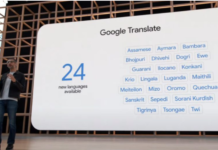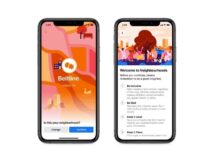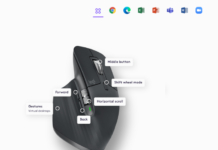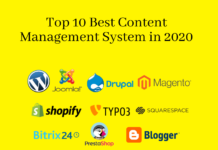Microsoft PowerApps – a new tool to create business apps without coding
Microsoft today launched PowerApps, a new piece of software that allows business users build basic mobile and web-based apps — without writing code. The latest Microsoft PowerApps service is now officially available in preview.
Microsoft PowerApps helps companies to develop app and share their developed apps on the iOS app store, Android Play store and Windows app market with the use of a simple-to-use Microsoft Office application like Word or Excel. This makes app development and distribution faster.
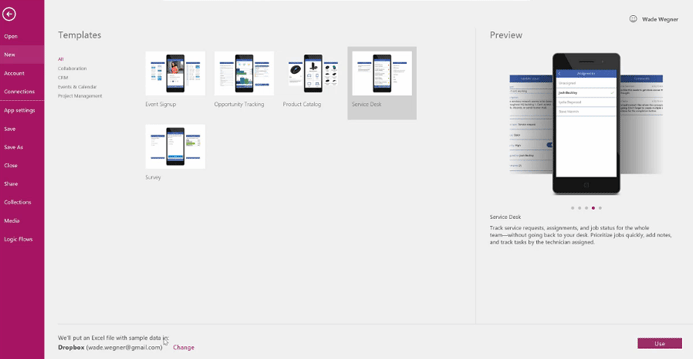
Microsoft PowerApps is an enterprise service that lets employees connect, create and share business apps with their team on any other device in minutes. Microsoft PowerApps offers a highly graphical interface and a set of templates, so users can develop apps in a short span of time, without having to master the complexity of code language.
“While companies are increasingly turning to SaaS solutions for specific scenarios like CRM, travel and HR, using services like Microsoft Dynamics, Concur or Workday, most business app scenarios still remain locked on premises, dependent on corporate connected PCs,” says Bill Staples, corporate vice president of the Microsoft Azure application platform, in a blog post.

“People are using all kinds of devices to get work done, yet a lot of the apps we use haven’t been mobilized as quickly in business as they have in the consumer space,” said Bill Staples, Corporate Vice President of the Azure App Platform.
Microsoft PowerApps aims to take the friction out of the process of writing these apps. Once permission to access is enabled by IT department, an employee can tap into the data readily available on the cloud or hardware storage devices to build apps and integrate these data into the app.
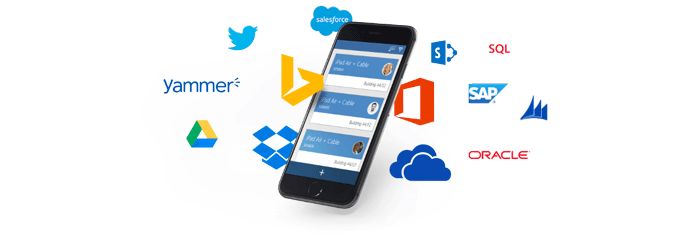
Microsoft PowerApps will allow employees to access data from cloud services like Office 365, Dynamics CRM, Salesforce, Dropbox, OneDrive and on-premise database systems including SharePoint, SQL Server, Oracle, SAP and others.
Microsoft has not revealed much about the price of the service, and when it will be launching a full version into the market.
Microsoft is not the first to come up with this type of idea, AppGyver earlier introduced its Composer 2 solution.








